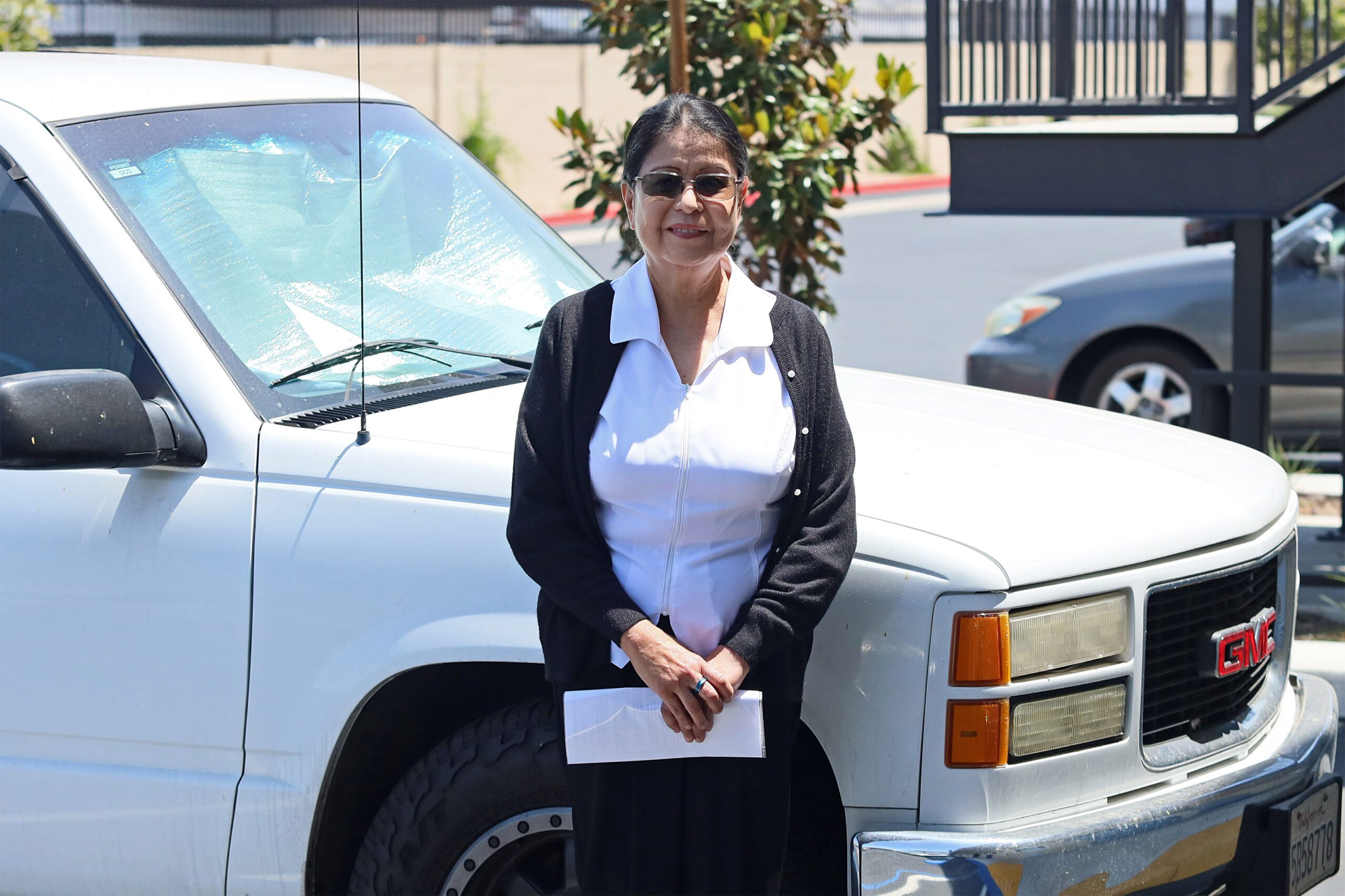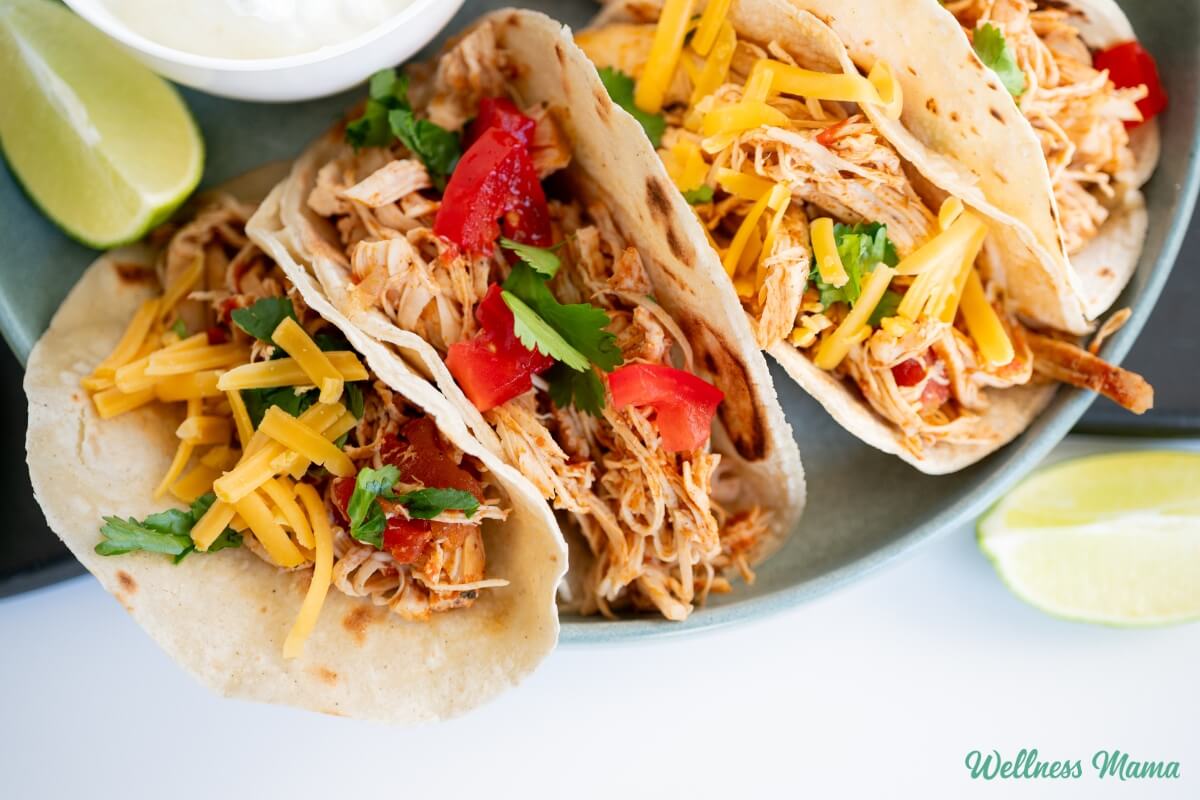CANNABIS CULTURE – The Most Expensive Weed in the World Highlights a Deeper Problem.
The most expensive gram of weed on earth
In Guernsey, cannabis sells for $100 a gram.
The sleepy little island is one of the Channel Islands between France and Great Britain, the average price for a gram of cannabis a few years back was £35/$49US/$59CAD. The price skyrocketed after under COVID-19. Sources on the ground now say the price is double – up to £70 a gram. This far, far outstrips the supposed record holder found by the Seedo’s Cannabis Price Index. Their results, from 120 cities, showed Tokyo as the highest price weed in the world, coming in at £25/$32US/$41CAD a gram.
A note on the terminology here: this is just the average whatever-the-plug-shows-up-with cannabis. The average bag. You get what you’re given, even at such a high price. If you want to see the literal most expensive cannabis weed on the planet, 2 Chainz has you covered.
Why so expensive?
It’s astounding that a bag of leaves can increase in value tenfold based purely on which side of an imaginary line you stand, as can the punishment for possessing it. Still, you can’t walk over that line to get to Guernsey. You need a plane or a boat. As a small island, it’s difficult to import cannabis. Low supply means high demand, which means higher prices. Most don’t consider the risk worth the reward, given the punishment.
The punishment
A report on drug possession charges, published in February 2020, states that 67.5% of drug possession convictions in Guernsey involve incarceration, compared with 4.3% in England and Wales. Does that not seem just a little bit harsh? That’s just for possession. Importing an illegal substance will land you with a substantial prison sentence, seizure of assets, and possibly additional fines for the potential earnings on the substances you were going to sell.
Also, border authorities have been known to inflate the potential profits of importing in an effort to get offenders longer sentences. They do this through supposed secret intelligence they’re not allowed to share with courts, although even the strict judges seem to throw out this “evidence” a lot of the time.
Glacial movements towards change
“It’s essentially legal if you’re rich enough.”

Deputy Tina Bury is Vice-President of the Committee for Health and Social Care.
Although she holds a realistic view of how far the island is from legalization, and a liberal but balanced perspective on cannabis, Deputy Bury has become the default figurehead for movements towards change.
“It’s funny, actually. After the most recent debate, I realized, as it was being brought by HSC, so all of a sudden, I was at the forefront. I bet everybody who sees this out in the public thinks that I use cannabis, but I actually don’t (laughs).”
What would you say if I told you our little island has the world’s highest-priced average bag of cannabishighest-priced average bag of cannabis in the world? Higher than in the Philippines, where you can get life for dealing.
Everything’s expensive here, why; why would weed be any different? On a surprised scale of one to ten, I’d definitely be in the lower half. Because it’s so expensive here, in terms of street value, you’ve got that risk/reward factor.
Does that not invite criminal activity rather than hindering it?
To those that are in it to make the big bucks, of course, we’re attractive.
That’s probably how a lot of people think about it and where a lot of my colleagues are, “Our penalties are harsh, so that’ll put people off.” I don’t think people think that next step along that actually, criminals are gonna think, “Yeah, but if I get away with it, the reward factor’s massive.”
When [the law]was first introduced, that wouldn’t have been understood as an unintended consequence.
How many calls do you get as a deputy to look into cannabis legislation?
Absolutely loads of people get in touch.
Al Brouard, our president, says the exact opposite: no one ever gets in touch with me about this. It reflects these bubbles we all live in, even us as deputies. People talk to you who think they identify with you. So, you can end up living in these echo chambers if you’re not careful.
It’s probably the thing I’ve been contacted most on consistently. Most people that get in touch about cannabis, it’s, “Let’s make some progress with liberalizing,” and you may get one or two who think it’s going to ruin everything.
Is there a divide between rich and poor with regards to how medicinal cannabis is allowed on the island?
Viewing it as a medicinal product, currently, it is inequitable. Health should be equal access to everybody. It’s essentially legal if you’re rich enough, is where we’re at at the moment. That’s similar in the UK, where cannabis is scheduled on the NICE designation. It’s wholly inequitable and not very fair.
You stood up against the wishes of your committee’s president and said that people want this discussed. What kind of change in the law do you think would be beneficial to the island?
That’s hard to say. We’re a long way off that.
The lowest level of improvement that I’d want to look for is that we’re not severely impacting people for something that’s accepted as having medicinal value and benefits because our laws are so out of date.
There’s a huge amount of perception and opinion that needs to be changed. You hear this language in the debates. People who are firmly against think that everyone who uses cannabis is an addict. I don’t think there’s that understanding that some people are using it the same way that the person speaking uses a couple of glasses of wine on a Friday night.
I want to see the health benefits of reducing the impacts of sentencing. Our director of public health has concerns about that. She sees the impact, particularly on young men, where they get a custodial sentence or a criminal record for possession of a small amount, and it has these knock-on effects where they can’t get a job or are viewed differently in society. Even on their community service, they meet “worse” criminals than they ever had contact with before, and it self-perpetuates into this downward spiral.
An uphill battle

Deputy Bury’s nuanced opinion is in stark contrast to that of Al Brouard, the President of the Committee for Health and Social Care, who spoke to the Bailiwick Express.
“Is reviewing the recreational use of cannabis really your priority? Is that the message you want to send out? You could make real difference to people’s lives but you want to spend your time looking at the recreational use of cannabis. In some sort of other world, maybe, but not in mine.”
Knock-on effects
I met a living, breathing example of both the pull of this black market and its effects after imprisonment. I had a long conversation with DV, who wishes to remain anonymous.
What was your conviction?
I was inside for a year and two 2 months.
You get sentenced based on how much you have. I got caught with 3 kgs. My starting point was 6 six years. They give you a third off for an early guilty plea. I got 6 six months for no previous convictions, so was sentenced to 3.5 years in prison.
They took my fingerprints three 3 times and couldn’t find a match.
In England, I could have fought it. In Guernsey, I didn’t want to risk an extra two 2 years on my sentence.
And they took assets too?
The assets seizure is insane. In a civil case, under the proceeds of crime act, there’s a lower threshold to prove guilt.
In England, if you have £3,000 deposited into your account and can’t prove it’s legitimate, they say you owe us £3,000. In Guernsey, I was caught with cannabis which they put the street value at £90,000, so said that you now owe us £90,000. My defence advocate was able to argue it down to £60,000.
We were saving for a house, and I had legitimately earned money in a joint account which was 100% provable, it was never cash, was all digital transfers from my work, and they still took half of it. In England, they would have traced that and couldn’t take it.
And what led you to getting get involved in selling cannabis?
I had a good job. I had a great upbringing. But I just took a risk. The money was there to be made. That’s why people take the risk.
It’s easy money, and it’s not like you’re selling heroin. It’s a bit of pot.
Are there other effects?
Oh yeah. I rented a private workshop to fix cars. It wasn’t my work. But the headline in the press read: “Man hides £90,000 worth of drugs at work.” I’d never have done that.” If I want to get another job or move to the UK or France, all they have to do is Google me, and that comes up.
I did my job on work release from prison, straight back into it when I came out because I’m good at what I do. A mortgage company won’t consider me for 6 6six years after my sentence, so I can’t buy a house with my partner.
We started again from scratch. The year after I got out, I worked 7 7seven days a week, 10-14 hours a day from January to September. I was lucky that they had that overtime available at work.
Even now, I’m in a secure job and can’t get an account. I’ve not been given any timescale.
HSBC kicked me out, but 2 2two years earlier they were fined for laundering money for the cartel as a business.
I want to get back into normal life, but I can’t.
What was it like inside?
It changed my opinion of people. I met a lot of guys in there that were in and out of prison but had golden hearts. Guernsey society’s focused on locking people up rather than giving them a reason not to go to jail.
I met people who were locked in cupboards and given water for days. They were beaten the shit out of as kids. Society’s failed them. Their parents failed them.
We should do it like it is in Scandinavia where prison is a last resort. You need to give people every reason to not go back.
I taught people to read. I always took it for granted. I read The Hobbit when I was like eight8. How can you expect them to stay out of prison when they can’t even read?
The hardest thing about being in there is you don’t do a hard day’s work. You’re not tired. You get locked in your cell at 5 o’clock on a Friday, and you can hear people kicking a ball around in the playing fields. That was hard.
It probably worked better for me because I had a good life. So it actually took that away. But for the guys who have no better life, no education or trade, they have an easy life because they don’t have to worry about where the next meal’s coming from.
What are your thoughts on legalization?
If I had it my way, everything would be legal. So many people take all sorts of drugs—ecstasy, cocaine—and it’s not a problem because they have something to get up for on a Monday morning. It’s when you haven’t got anything else . . . if we had a society with no poverty, and education was fantastic, there was no unemployment, you’d be able to legalize every drug and have very few addicts, because people would have something to get up for and live for, you know?
We’re all adults. The population doesn’t need babying. You’ve got to let people figure out their limits. The government can make money out of it.
There’s an age limit on voting. There should be an age limit at the top too. Dinosaurs still roam the earth. Trust me, I’m from Guernsey. You can’t blame the older people for the way they think because of the bullshit they were fed. But society needs to move forward. It’s happening all over the world. They’re realizing that MDMA, magic mushrooms are amazing treatments for PTSD. Attitudes are changing. People are realizing there’s actual benefits to these substances.
Behind the times?
So, it seems like this place is behind the times, given their mass imprisonment of cannabis users compared to the UK. Ideas on marijuana are archaic. Except . . . Guernsey is ahead of the UK in the progress of legalization efforts.
Does this seem like an astounding double standard?
There is popular support for regulated cannabis use in Guernsey, although there are concerns of about it becoming a hotspot for weed tourism, like Amsterdam.
A group of cross-party MPs, who went on a real dank all-expenses-paid fact-finding trip to Canada, predict the UK will fully legalize cannabis within five to ten years.
“I want the market legalized, regulated and taken away from crime gangs,” said Tottenham MP David Lammy after returning from visiting Toronto—presumably eating Doritos. “For young people not to be criminalized by use and properly educated.”
Members of Guernsey’s government of the local government in Guernsey have spoken openly about pushing for cannabis legalization, noting its health benefits. In the meantime, users, dealers, and importers will continue to be harshly penalized for offenses, while the powers that be decide how best to rationalize, monetize, and eventually legalize cannabis use.
Current financial incentives for the government to allow cannabis cultivation:Image respectfully borrowed from gov.gg.
So, the island is tough on crime?
Well, as we noted, 67.5% of drug possession convictions in Guernsey result in imprisonment. Fewer than 10% of sex crimes within the island even result in conviction. Now, yes, apples and oranges: it’s harder to prove a sex crime than to catch someone with a bag of weed. But isn’t the disparity here disgusting?
This little island is a microcosm of a far wider-reaching problem. Why are police forces the world over putting so much time into persecuting adults who consent to consume a natural substance? Their efforts could be put towards finding people committing actual heinous crimes that are far more damaging both on an individual and societal level.
Some eye-opening Guernsey sentences:
Importing 20 kg of cannabis: 7 years in prison
1.1 million indecent images of children: 5 years in prison
8 kg of cannabis: 6 years in prison
4,837 indecent images of children: 2.5 years in prison
Growing and distributing cannabis: 3.25 years in prison
11 years sourcing 4,500 indecent images of children: 3 years in prison
20,000 indecent images of children: 3.5 years in prison
Importing 80 grams of cannabis: 2.33 years in prison
Teacher sending indecent images to 17-year-old students: suspended sentence
Importing 43 ounces of cannabis: 2.5 years in prison
Several hundred indecent images of children: suspended sentence
Dealing 8 ounces of cannabis: 2 years in prison
42 indecent images of children: 1 year in prison
Importing 144 grams of cannabis: 1.75 years in prison
171 indecent images of children: 4 months in prison
Suppose lawmakers have acknowledged the legitimate medical benefits of cannabis. In that case,LIf lawmakers have acknowledged the legitimate medical benefits of cannabis, and it is available to some on the island. In that case,, then their line of thinking is revealed as follows: you can actively participate in ruining the lives of innocent children and receive a lesser sentence than you will for improving the lives of consenting adults.
Intent to supply and seizure of assets
You face an additional charge of intent to supply if you have evidence in your home, such as baggies, scales, or larger amounts than prosecutors deem likely as being for personal use.
So, with our above comparisons between sex offenders and cannabis offenders, I have a question. Why are your assets not seized if you’re caught with 1.1 million indecent images/videos of childrenIf you’re caught with 1.1 million indecent images/videos of children, why are your assets not seized? Forgive the disgusting implication here, but surely so many files would indicate an “intent to supply” rather than “personal use.”
So, why? Under law, why aren’t paedophiles’ assets seized, their potential earnings calculated, and their expenditures put under scrutiny in the same way?
Don’t bother
If you’ve been inspired to risk taking cannabis into the island and sell the most expensive weed in the world,, just know that the waters are infested by sharks with three-foot wide mouths, and the land is defended by legions of cows, Nazi bunkers, and a litany of overzealous customs officers. It’s not worth the risk.
“I’m in jail with a lad who got three years for the possession of one ecstasy pill, and it was his first offence.”
Notes:
Seedo’s Cannabis Price Index used information from the United Nations Office on Drugs and Crime (UNODC)
Interviews were conducted in person and over the phone. One name has been changed, as noted. The interviews have been lightly edited for clarity.











